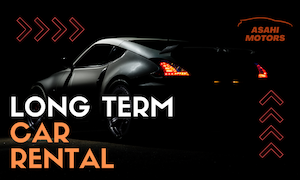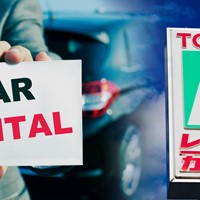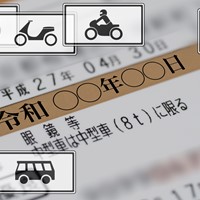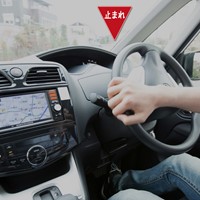Buying New / Used Cars in Japan

This page contains affiliate links.
Having a car provides practical benefits. In this article you can learn what you will need to purchase a car in Japan and find some tips. If you are interested in leasing or renting cars, please read "Leasing Cars in Japan" or "How to Rent a Car in Japan". We also have articles that will provide you with information on how to convert your driver's license to Japanese one, Japanese driver's license classifications, and more
Documents for Buying a Car in Japan
Buying a car involves a lot of paperwork, but if you're clever or know someone who speaks Japanese, it might be a lot easier. Dealerships will handle your paperwork, but private transactions are a different issue. If you're not up to the chore, there are companies that will do it for you for a price. You should have the following at the very least:
・Residence card
・Valid Driver's License
・Personal seal (inkan)
・Personal seal Certificate
・Parking space Certificate
If you purchase a car privately, you will also need the following:
・Vehicle transfer certificate
・Resident's card or of the previous owner (for a used car)
・Shaken inspection certificate
・Proof of insurance certificate
・Proof of tax payment
New Cars or Used Cars in Japan
One of the difficulties in purchasing a used or privately owned vehicle in Japan is that vehicle taxes rise after the vehicle reaches 10 years. In addition, unless a manufacturer's guarantee is in effect, car maintenance is usually always your duty. To plan for future or current repairs, it's a good idea to do some research on the cars you are interested in. Dealerships have the advantage of ensuring a certain level of quality in terms of dependability and upkeep. Again, they will handle the paperwork for you, but you will certainly pay a greater amount than if you bought it privately.
With certain manufacturers and models, buying a new car at a dealership may provide free maintenance as well as limited warranty coverage. Before making a purchase, please make sure to inquire questions.
Car Ownership in Japan
Car ownership in Japan is costly and incurs the following responsibilities as a new car owner:
・Full insurance coverage (compulsory and optional)
・Mandatory periodical maintenance checks (once every 2 years) called “Shaken”, in accordance with the national regulations and is rather expensive.
・Submission of a certificate that you have a parking lot within 2 kilometers of your residence
・You must have a registered parking space and submit the parking space certificate (Shako-shomeisho) to the police
・Registration
・Tax payment
・Acquisition tax, weight tax and annual tax
・Sale, disposal, or export arrangements before leaving Japan
Frequently Asked Questions

Q: Do I need a Japanese driving license to buy and register a car in my name?
A: No, you do not.
Q: What are the necessary requirements for registering my car?
A: You have to submit the following documents when applying for your car registration.
・Certificate of signature issued by your embassy or certificate of your personal seal, “Inkan Shoumesho”, issued by the municipal office
・Parking space certificate (Shako Shoumeisho) issued by a police department, which proves that a parking space has been secured.
・Foreign resident registration card.
When purchasing a car, be sure the paperwork is filled out correctly to ensure a correct transfer of ownership, clear taxing and lawful ownership.
Q: How can I insure my car?
A: There are two types of car insurance. One is a mandatory insurance “Jibaiseki Hoken”, which covers only bodily injuries.
Property damages are not covered by this insurance. 30 million yen is the upper limit of compensation for a death and 1.2 million yen for injuries, which may not be sufficient to cover actual claims. The other one is an optional insurance “Nin-i-hoken”, which covers items outside the compulsory insurance. You can take out this type of insurance via insurance companies to make up for the coverage, which is not covered by Jibaiseki Hoken.
It provides coverage of third party bodily injuries, property damages, driver & passenger bodily injuries, car damage, etc. in a package. Whilst optional insurance is not compulsory it is recommended to take it out because costs for repairing car damages are high in Japan. Moreover, if you are involved in an accident which causes injury or death, compensation claims may run into very large amounts of money, which may be impossible to pay if you are not insured.
Q: Do I need International Driving Permit (IDP)?
A: Foreigners who have an International Driving Permit (IDP) can drive in Japan. However, anyone who has become a resident in Japan and plans to drive here is encouraged to obtain a Japanese driver’s license at their earliest convenience.
English-Speaking Car Dealers
If you are looking for English-Speaking Car Dealers, please check here.
Asahi Motors handles everything from the contract to the purchase procedure in English, so you can purchase a new or used car without worrying about Japanese paperwork. Please contact them if you would like to know more about their services.























